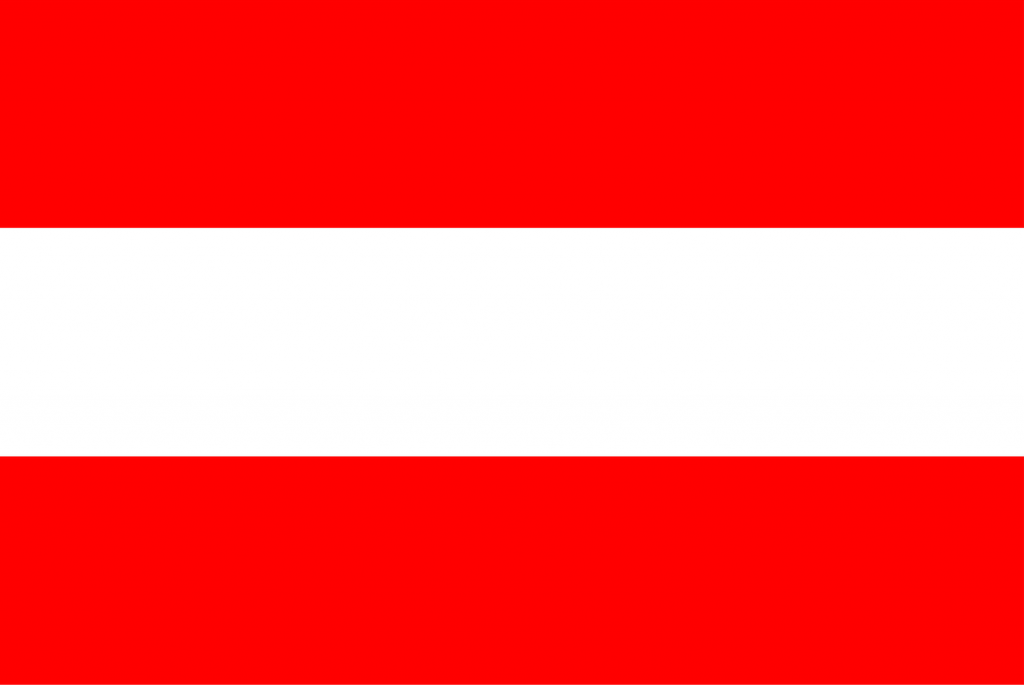Choosing to immigrate to Austria from Lebanon is a big choice that has a lot of criteria. Austria implements separate immigration policies and procedures for individuals originating from non-European Union (EU) countries, such as Lebanon, who aspire to reside and engage in employment within its territory. Here is an explanation of the immigration process:

Find out whether you’re eligible
You must ascertain your eligibility to migrate to Austria before starting the immigration process. Various requirements may apply depending on the type of visa or residence permit you are seeking. Immigration to Austria typically falls into categories such as family reunion, employment, education, and asylum.
Choose the right visa or resident permit
The subsequent stage involves determining the most suitable visa or residence permit based on the purpose(s) of your immigration to Austria. Some of the most commonly chosen categories include:
Work permit/red-white-red card
Obtaining a job offer is the first step if working in Austria is your objective. Your potential employer may need to provide evidence that no qualified Austrians or EU nationals are currently available for the post. Depending on your work and employment contract, you will normally apply for an employment visa.
Student visa
You must start the application procedure for a student visa to pursue higher education in Austria. You will need to provide evidence of your acceptance into an Austrian educational institution, such as a university, to do this.
Family reunification
You can be eligible for a family reunification visa if you have close relatives who are already Austrian citizens or residents. Spouses, kids, and other close relatives of Austrian residents or citizens fall under this category.
Collect the necessary documents
Gather all the paperwork you’ll need to apply for a visa or residence permit. Your selected category will determine the particular papers you need, but typical criteria include:
- A passport that is adequate in its validity.
- Evidence of your ability to sustain yourself throughout your stay financially.
- Insurance for health care.
- A Lebanon-based certificate of no criminal history.
- Certain papers depending on the kind of visa you have selected.
Visa or residency permit applications
Apply for a visa or residence permit at the Lebanon-based Austrian Embassy or Consulate. Regularly, the application method incorporates filling out paperwork, making payments, and providing important records. You should expect to go to an interview as a component of the application process, contingent upon the conditions. Following the submission of your application, there will be a waiting time. It’s important to apply well in advance of your anticipated relocation to Austria since processing times might vary.
Arrival in Austria
You may enter Austria after gaining authorization. Follow any extra entrance guidelines or restrictions outlined in your visa or residency permit. The local registration office (Meldeamt) is where you must register your address after arriving in Austria. This need helps formally establish your presence in Austria.
Language and integration
Take into consideration starting German language classes as soon as you can. The key to effective integration is learning the local language, which may also greatly improve your chances of finding work in Austria.
Long-term presence
After some years of continuous and legal presence in Austria, you may be eligible to apply for long-term residence or permanent residency in Austria. This depends on the kind of original visa you were issued.
It’s crucial to bear in mind that immigration rules and regulations might change. For the most recent information on immigration processes and requirements, always check with the Austrian Embassy or Consulate in Lebanon and consult the official Austrian government website. Additionally, consulting an immigration lawyer or other professional may be quite helpful in negotiating the particulars of your immigration procedure and guaranteeing a seamless transfer to Austria.
You may also like these articles:
